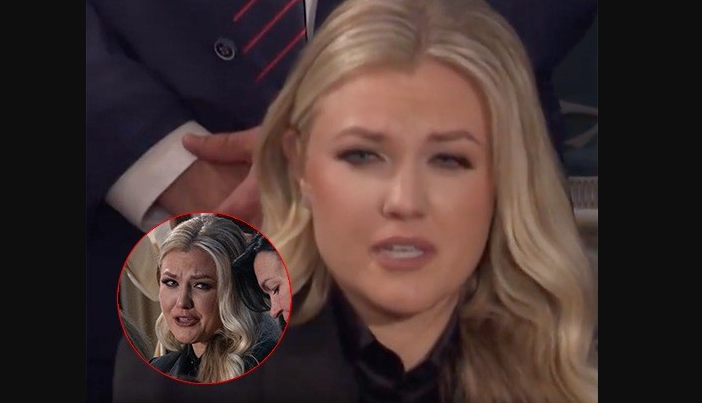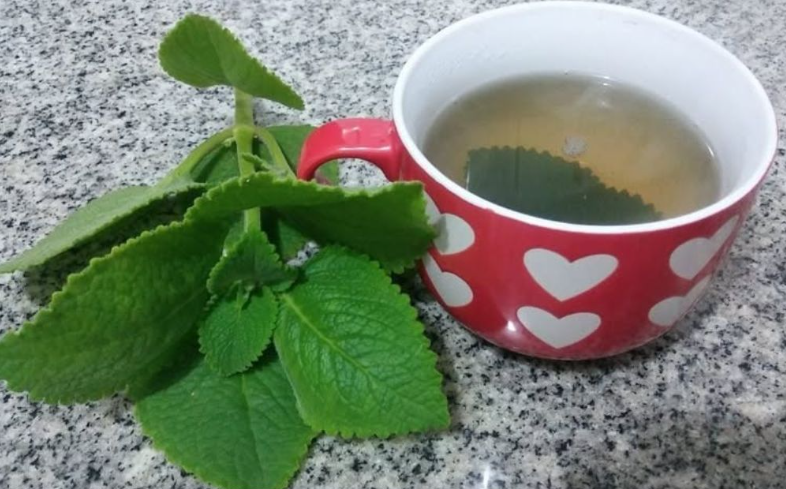I reside in my son’s home, and I quietly arranged for his former wife to join us for Thanksgiving dinner. His current wife felt deeply offended, and I responded, “She’s closer to our family’s heart than you are! My grandchildren deserve to share this holiday with both their parents.” In her anger, she snatched her purse and left the house abruptly. My son remained, conflicted yet silent, striving to maintain harmony. I believed my actions were in the best interest of the children—until, an hour later, a knock from the police startled us. My stomach sank when we learned she had been in a car accident only a few miles away.
The officers explained it wasn’t severe—she had veered off the road after hitting a slick patch of ice, shaken but unharmed. Relief flooded through me, though guilt soon followed. Standing there, I understood that my words, intended to preserve family ties, had instead caused deep hurt. My focus on my vision of “family” had overlooked the importance of compassion. My son said little, but the look of disappointment in his eyes spoke volumes.
The following day, I visited my daughter-in-law in the hospital. I brought a bouquet of flowers, but more importantly, I offered a heartfelt apology. I explained that my actions stemmed from love for my grandchildren, yet I had failed to show respect. She listened in silence, then responded gently, “I understand you miss the way things were. I’m trying to find my place, too.” In that moment, I saw she wasn’t attempting to replace anyone—she was simply seeking to belong.
That Thanksgiving didn’t unfold as I had envisioned, but it transformed our family for the better. The following year, we gathered together—my son, his wife, his former wife, and the children—not as competitors, but as individuals who had learned that family isn’t defined by roles or past connections. It’s built on grace, forgiveness, and the choice to embrace peace, even after the most challenging lessons.







